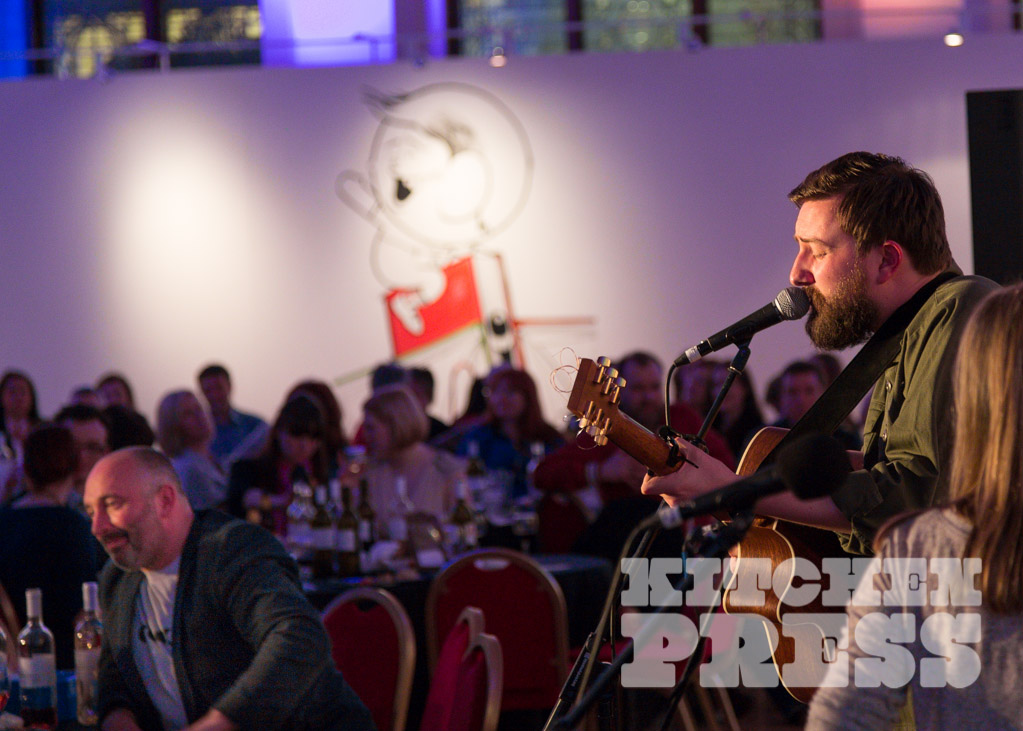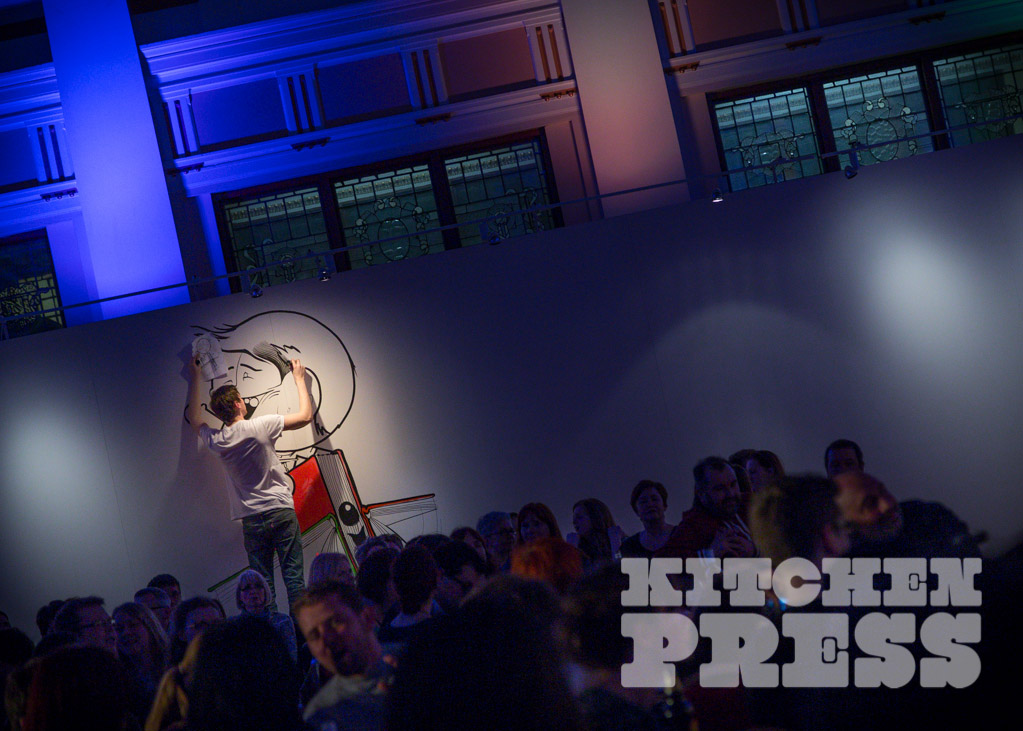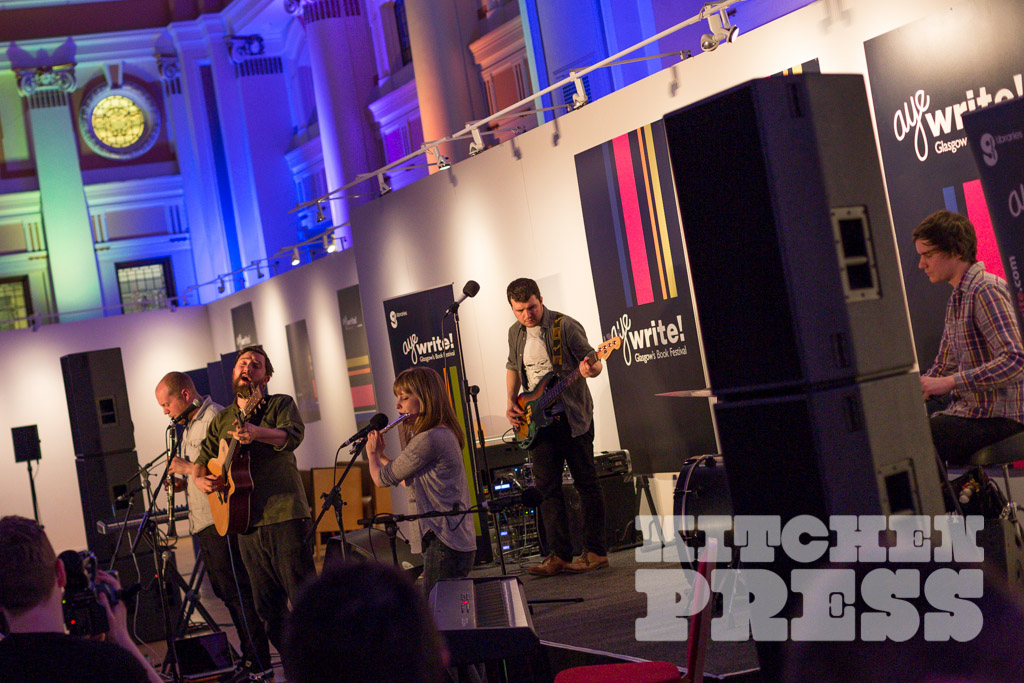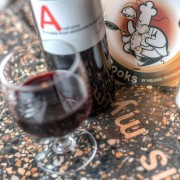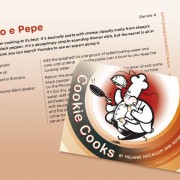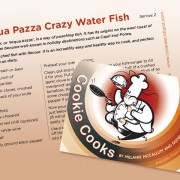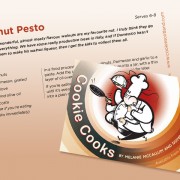 The Rowan tree is one of the most beautiful sights of early autumn and its berries make a fabulous jelly that is great with grouse and for adding flavour to gravies and sauces. You should pick the berries when they are a full-bodied red colour, but before they turn mushy. Rowan berries were used in the middle ages to scare off evil spirits. You will feel like a witch stirring a cauldron of off-putting ingredients when making this, but it all adds to the mystical ambience. Cook the fruit the night before the jelly is to be made.
The Rowan tree is one of the most beautiful sights of early autumn and its berries make a fabulous jelly that is great with grouse and for adding flavour to gravies and sauces. You should pick the berries when they are a full-bodied red colour, but before they turn mushy. Rowan berries were used in the middle ages to scare off evil spirits. You will feel like a witch stirring a cauldron of off-putting ingredients when making this, but it all adds to the mystical ambience. Cook the fruit the night before the jelly is to be made.Makes about 2 x 500ml jars of rowan & crab apple jelly
- 1kg rowan berries
- 1kg crab apples, roughly quartered but cores left in
- 1.5kg granulated sugar (approximately)
- a jelly bag or a muslin
Wash the fruit well. Remove all the stalks from the rowan berries and put them in the pan with the quartered crab apples. Pour in enough water to come half way up the fruit, bring it to the boil, and then turn the heat down to a simmer and leave the fruit to cook, stirring from time to time. As it softens, use a large spoon to crush the fruit against the sides of the pan.
When everything is soft and mushy, turn off the heat and tip the lot into your draining material. A jelly bag makes this easy, but what I do is cover the top of a large pan with a muslin, and then tip the mush into it so the pan catches any drips. When all the mush is safely caught, suspend it over the pot and tie it up. We have tried this in many ways: hanging it on the back of a chair or tying it to the knife rack in the kitchen. Basically, you just need to hang it any place where you can leave a large bowl or pot beneath it to catch the juice as it drips through the bag. Leave it overnight.
In the morning, measure the juice in a measuring jug. You can squeeze the bag to get the very last remnants of juice out. This might cause your jelly to be cloudy, but as it’s generally used for cooking that doesn’t really matter. However, if you want your rowan jelly to be completely clear for a gift or just for perfection, don’t touch the bag. Now comes the maths. For every 500ml of juice you need 375g of sugar. When you’ve figured out your quantities, put the juice and sugar in your jam pan, heat it slowly until the sugar dissolves, and then bring it to a low rolling boil for 10 minutes. Test a teaspoonful on a cold saucer: if the surface of the jelly wrinkles when you push your finger on one end, it’s done. If it doesn’t wrinkle, boil it for a further 5 minutes and repeat the test. Leave the jam to cool for a couple of minutes, decant it into sterilised jars, and seal.
Buy Cookie Cooks by Melanie McCallum and Domenico del Priore here.



